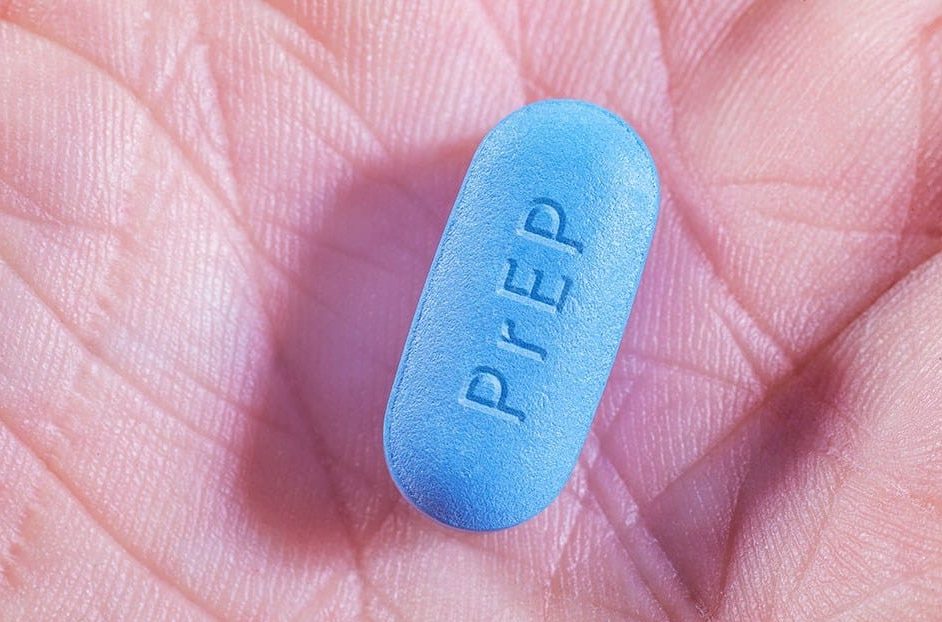Anyone closely associated with the HIV community has probably heard about PrEP. But what exactly does PrEP entail? How does it prevent HIV infection?
PrEP, short for pre-exposure prophylaxis, is an oral medication designed to prevent HIV infection. PrEP medication can lower your risk of contracting HIV by up to 99% when taken as directed. It also helps protect against the chronic symptoms associated with HIV.
Taking PrEP for HIV is an essential part of practicing safer sex, particularly for those who are sexually active. Due to the modes of HIV transmission, individuals with high-risk sexual behavior are particularly vulnerable. In addition to using condoms, PrEP serves as an extra layer of protection.
Why Should You Consider Taking PrEP?
Still undecided about PrEP? Here are several compelling reasons to consider it, especially in the ongoing fight against HIV.
You might wonder, how does PrEP function?
PrEP works by inhibiting the virus’s ability to replicate within the body. It prompts your body to produce antibodies that fight the virus. After exposure, PrEP medication blocks the enzyme essential for the virus to multiply.
As noted, PrEP is highly effective in preventing HIV, but only if taken exactly as prescribed by your healthcare provider. This maximizes your protection, offering nearly complete prevention.
Which Drugs Are Approved for PrEP?
The US Food and Drug Administration has endorsed both Truvada and Descovy as certified PrEP medications for preventive HIV treatment.
Truvada is intended for individuals at risk through sex or injection drug use, while Descovy is suitable for sexually active persons excluding those assigned female at birth.
Since late 2021, Apertude has been recognized as the first and only long-acting injectable approved for use as PrEP. It’s primarily intended for individuals at risk through sexual exposure who weigh at least 77 pounds (35 kg).
Is PrEP Safe?
Absolutely, PrEP is generally safe. However, some people might experience side effects such as diarrhea, nausea, headache, fatigue, and stomach pain. These symptoms usually subside within a few days. If side effects linger, it’s advisable to consult your doctor.
